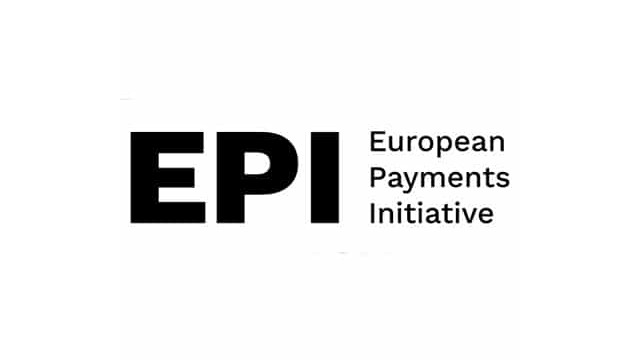The European Payments Initiative (EPI) has announced a pair of acquisitions as it looks to launch an instant payments service in Europe from the end of 2023.
The firm, which has scaled back its ambitions to take on the likes of Visa and Mastercard, has acquired Dutch payment solution iDEAL and Luxembourg-based payment solutions provider Payconiq International (PQI). The EPI said that agreements had been reached with the shareholders of these companies, and the respective acquisitions are planned to go ahead, subject to approval by the competent national and European authorities.
The EPI has also announced the addition of new shareholders Belfius and DZ Bank, who joined at the end of 2022, and Dutch banks ABN Amro and Rabobank. They join existing EPI backers which include BFCM, BNP Paribas, BPCE, Crédit Agricole, Deutsche Bank, DSGV, ING, KBC, La Banque Postale, Nexi, Société Générale and Worldline.
Martina Weimert, chief executive officer of EPI Company, said: “EPI is delighted to welcome Currence iDEAL and PQI. Together we will join forces to realise EPI’s vision as we build an innovative solution based on a new, unified instant payment scheme and platform for Europe. EPI will leverage the strong operational experience, know-how and local market knowledge of these companies.”
The company said that its product will be “a multi-faceted digital wallet solution and an instant, account-to-account payment means under one brand,” which serves European countries. It will support a range of transaction types including one-off payments, subscriptions, instalments, payments upon delivery and reservations.
The EPI digital wallet, which will offer P2P payment functionality, will launch in a pilot phase by the end of 2023 in France and Germany, the company said, with a broader market launch in Belgium, France and Germany scheduled to take place in early 2024.
Weimert added: “We are developing a new, scalable platform to address the modern and evolving payment needs of European consumers and merchants in the best possible way, with efficient, state-of-the-art technology.”
The EPI digital wallet with P2P payment functionality will be launched for the first users in a pilot phase by the end of 2023 across two countries: France and Germany. A broader market launch in Belgium, France and Germany will happen in early 2024. These markets together represent more than half of all non-cash payments in the Euro area. Expansion to other European countries will follow.
The ambitious digital wallet was initially due to launch in 2022 as a direct payments competitor to US processors like Visa and Mastercard, but plans were drastically reworked after half of its member banks left.
Latest News
-
Gemini to cut quarter of workforce and exit UK, EU and Australia as crypto slump forces retrenchment
-
Bank ABC’s mobile-only ila bank migrates to core banking platform
-
Visa launches platform to accelerate small business growth in US
-
NatWest to expand Accelerator programme to 50,000 members in 2026
-
BBVA joins European stablecoin coalition
-
eToro partners with Amundi to launch equity portfolio with exposure to ‘megatrends’
Creating value together: Strategic partnerships in the age of GCCs
As Global Capability Centres reshape the financial services landscape, one question stands out: how do leading banks balance in-house innovation with strategic partnerships to drive real transformation?
Data trust in the AI era: Building customer confidence through responsible banking
In the second episode of FStech’s three-part video podcast series sponsored by HCLTech, Sudip Lahiri, Executive Vice President & Head of Financial Services for Europe & UKI at HCLTech examines the critical relationship between data trust, transparency, and responsible AI implementation in financial services.
Banking's GenAI evolution: Beyond the hype, building the future
In the first episode of a three-part video podcast series sponsored by HCLTech, Sudip Lahiri, Executive Vice President & Head of Financial Services for Europe & UKI at HCLTech explores how financial institutions can navigate the transformative potential of Generative AI while building lasting foundations for innovation.
Beyond compliance: Building unshakeable operational resilience in financial services
In today's rapidly evolving financial landscape, operational resilience has become a critical focus for institutions worldwide. As regulatory requirements grow more complex and cyber threats, particularly ransomware, become increasingly sophisticated, financial services providers must adapt and strengthen their defences. The intersection of compliance, technology, and security presents both challenges and opportunities.
© 2019 Perspective Publishing Privacy & Cookies













Recent Stories